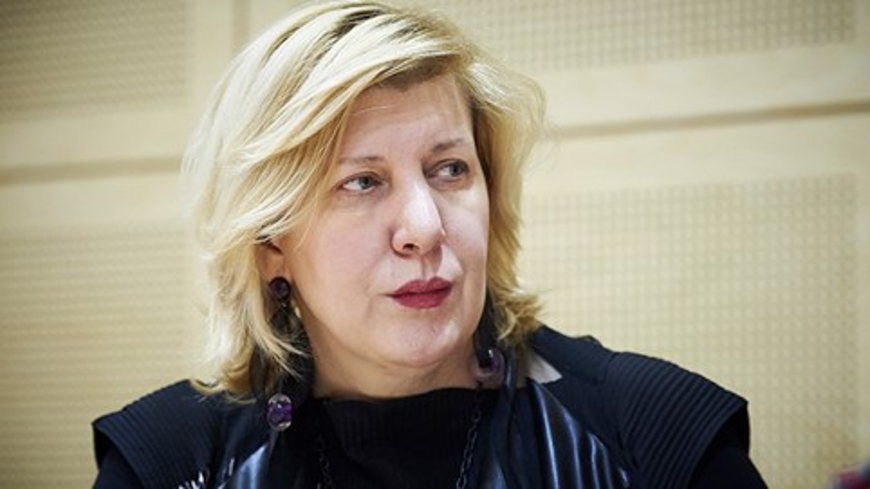On 20 December 2021, following a visit to Austria from 13 to 17 December, Council of Europe Commissioner for Human Rights Dunja Mijatović said that “I welcome the work done by the agency to accommodate all those arriving in good sanitary conditions, but the centre is reaching its limits, due to the fact that many of those eligible for transfer to other reception facilities under the responsibility of the provinces remain in the Initial Reception Centre in Traiskirchen (Lower Austria).
Designed for short stays, the centre does not provide sufficient or adequate educational or recreational activities, which has a particular impact on unaccompanied children. Those under 14 are currently being taken care of by ‘remunerated’ asylum-seeking mothers also living in the centre, who sometimes do not even speak the same language. “I urge the authorities to appoint fully-fledged guardians for these young children from the very beginning of the asylum procedure, and to pursue their discussions with the provinces in order to ensure that they play their part and transfer the asylum seekers who have completed the admissibility procedure, as provided for by law”, said the Commissioner. Underlining the crucial importance played by legal assistance in the asylum procedure, the Commissioner further invited the Austrian authorities to safeguard, both in practice and in law, the quality of the assistance provided by the Federal Agency for Reception and Support Services, and the independence of the agency.
On 8 December 2021, following the tragic incident of 24 November 2021, in which at least 27 women, men and children drowned while attempting to cross the Channel, the Council of Europe Commissioner for Human Rights, Dunja Mijatović, addressed letters to the authorities of United Kingdom and France.
“The United Kingdom and France should ensure that the human rights of refugees, asylum seekers and migrants take centre stage in their actions to deal with crossings of the Channel, she said in the letters addressed to the UK Home Secretary Priti Patel and French Minister of Interior Gérald Darmanin.
The initial reactions have focused heavily on further repressive measures, while the underlying issues of the lack of safe and legal routes and other human rights aspects of this situation have largely been ignored, said the Commissioner. She noted, in particular, that there is currently no framework for persons staying in France to apply for asylum or for a right to stay on other grounds in the UK, which would allow them to avoid dangerous, irregular sea crossings. She also highlighted that the increasingly exclusive focus on security by the UK and France is exacerbating the situation by redirecting people towards the most dangerous routes. In the letters, the Commissioner sets out several common starting points for co-operation that should ensure the protection of lives and human rights, such as access to asylum and fair processing of asylum claims, also for those moving across borders irregularly; effective coordination of rescue at sea; upholding safeguards in case of return; and ensuring the humane and dignified treatment of all, regardless of migration status. These follow on from the standards that the UK and France, which are both parties to the European Convention on Human Rights, the Refugee Convention, and other international instruments, have committed to upholding. Furthermore, the Commissioner called on both countries to address the current situation in full compliance with international standards and to refrain from unduly politicising the situation, in order to prevent further tragedies, and to set a good example in Europe of how such issues can be dealt with effectively and humanely.



